If you find that you have a dental emergency on a weekday, you should contact the practice on 02844 832585 before 10am and we will be able to give you advice and make arrangements for you to be seen as soon as possible.
If the emergency occurs at the weekend, again you should telephone the practice on 02844 832585 and the appropriate information will be available on our answer phone.
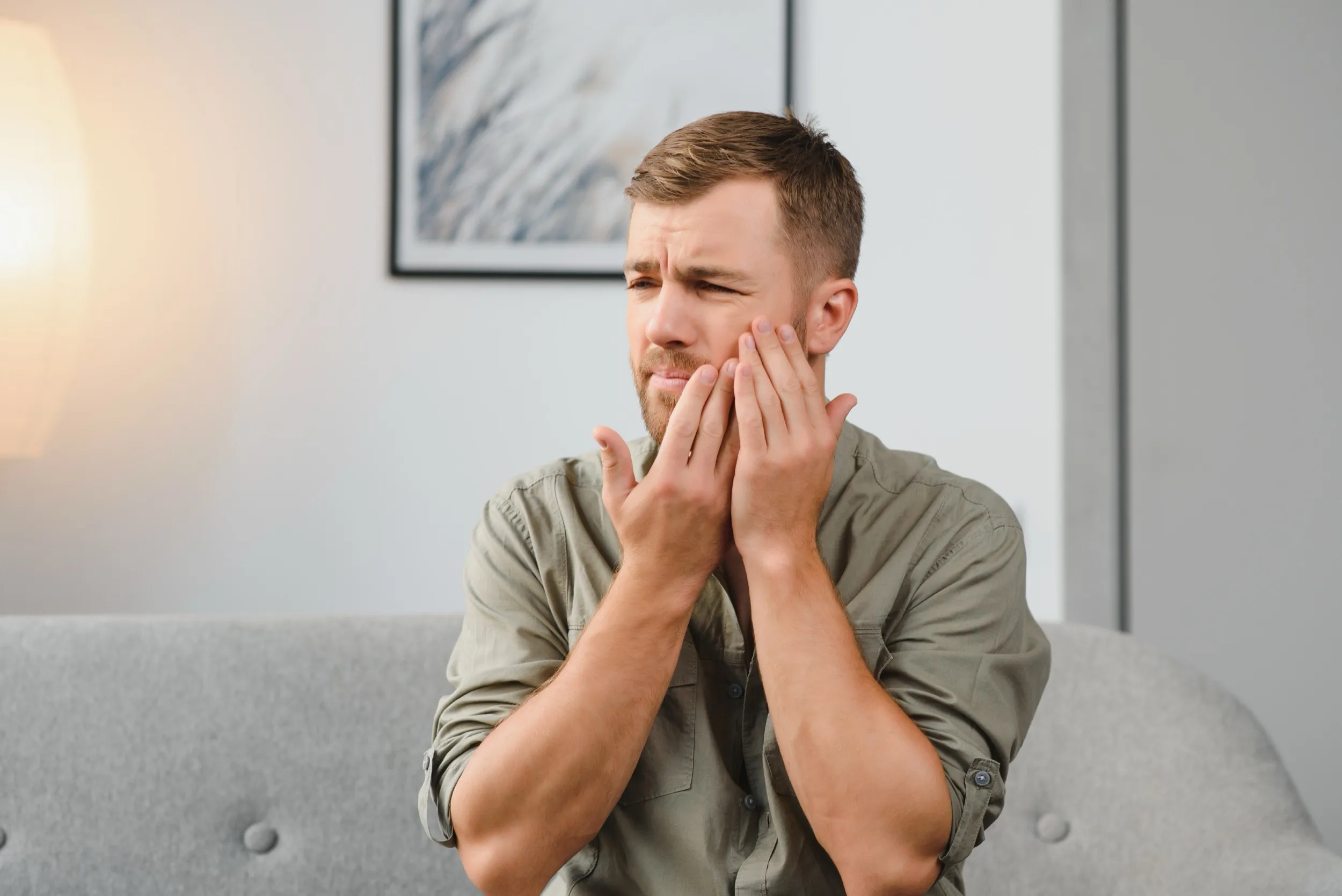
Toothache can range from a dull ache to sharp, persistent pain, often caused by decay, infection, or a cracked tooth.
If you’re waiting to see our emergency dentist, you can try the following at-home remedies to ease discomfort:
Take over-the-counter pain relief such as paracetamol or ibuprofen (as directed)
Rinse your mouth gently with warm saltwater
Use a cold compress on the outside of your cheek to reduce swelling
Avoid very hot, cold, or sugary foods and drinks
Keep the area clean and avoid chewing on the affected side
A chipped or broken tooth can happen suddenly – whether from an accident, biting something hard, or a weakened tooth giving way. While it may not always be painful, it’s important to seek attention quickly to prevent further damage or infection.
Until you see your emergency dentist, try the following:
Rinse your mouth gently with warm water to keep the area clean
If bleeding, apply gentle pressure with a clean cloth or gauze
Use a cold compress on your cheek to reduce swelling
Take pain relief as needed (follow dosage instructions)
Avoid chewing on the affected side
If the tooth has a sharp edge, cover it with dental wax or sugar-free gum to protect your cheek or tongue
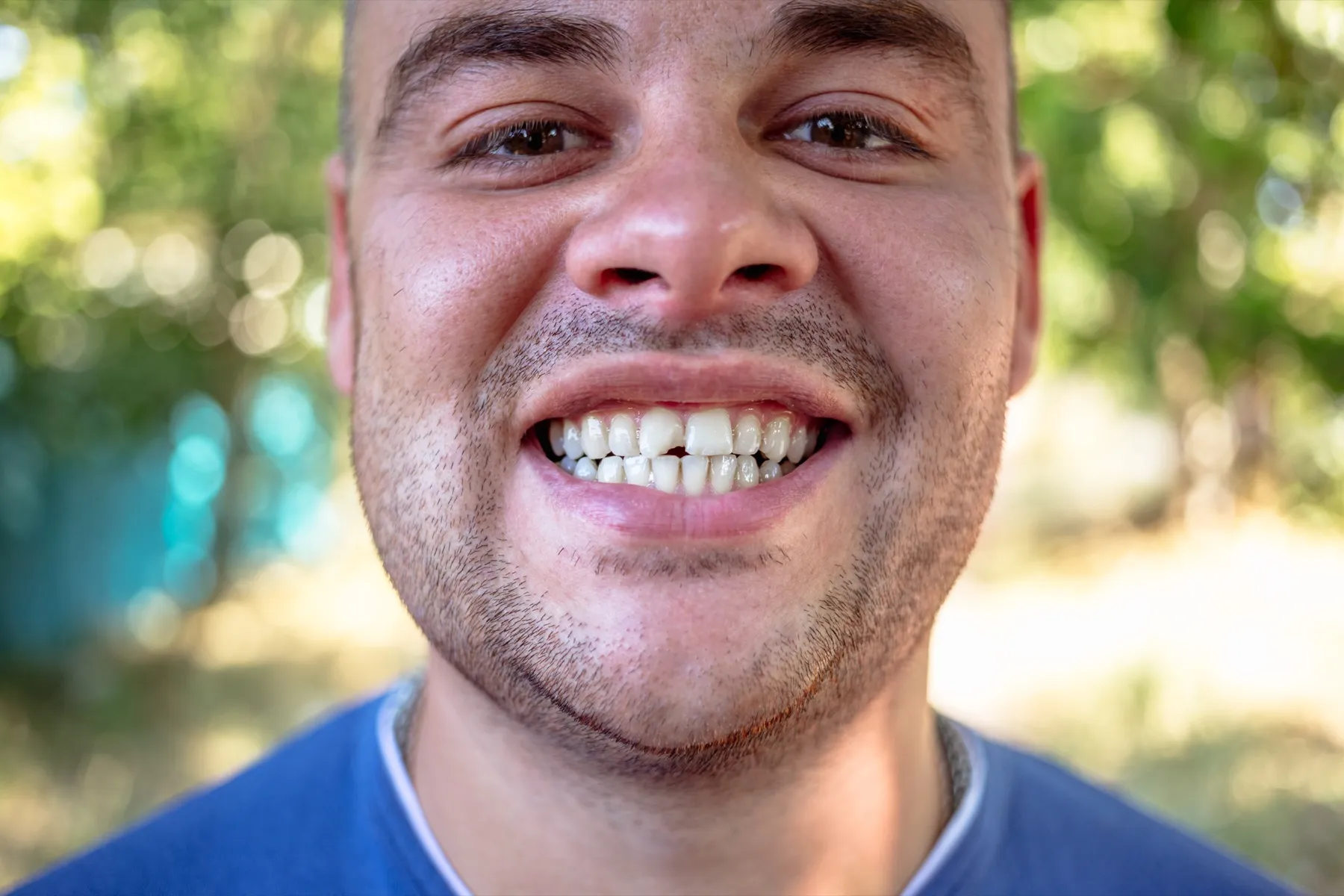
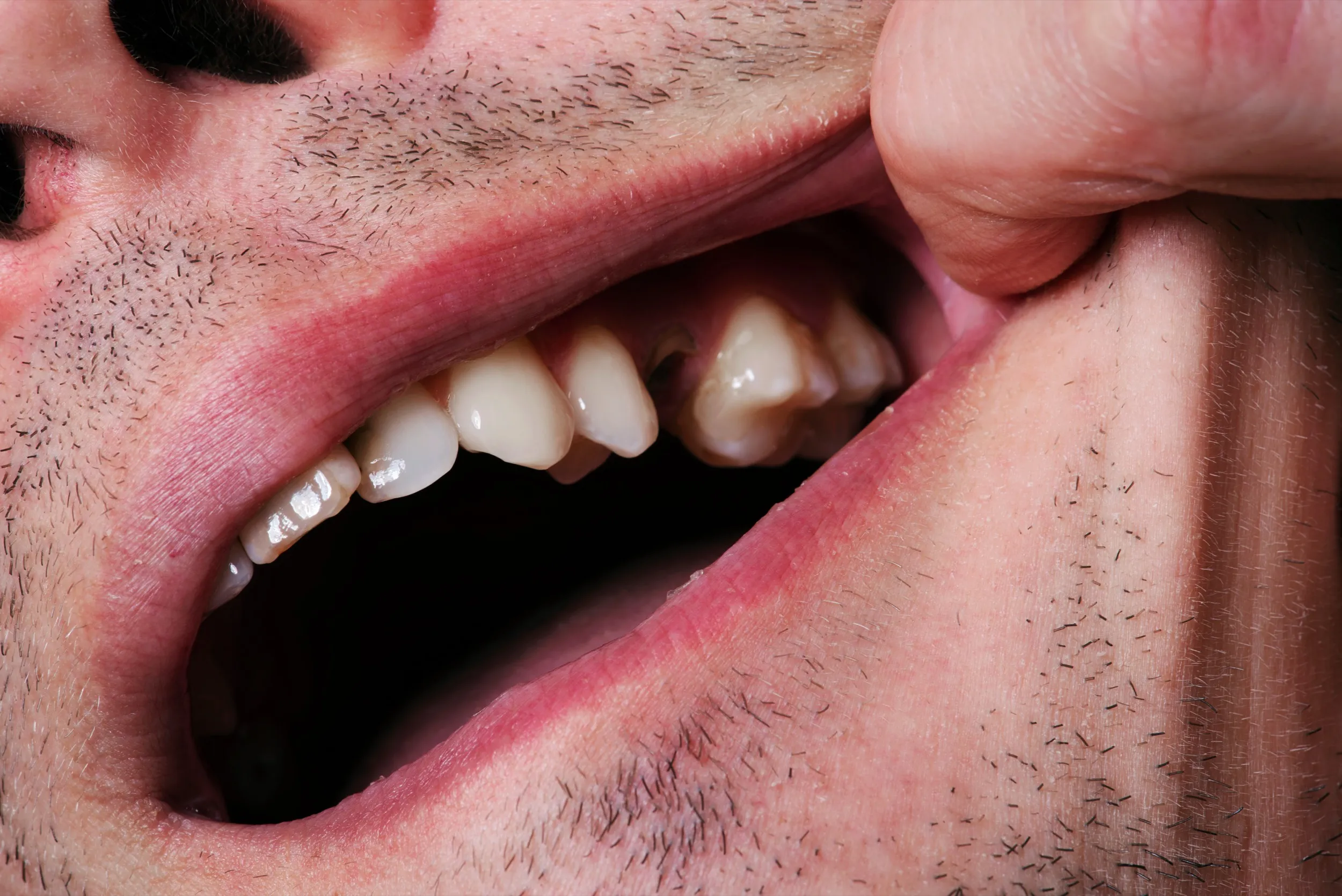
A lost filling or crown may not always cause immediate pain, but it can leave the tooth exposed and vulnerable to damage, sensitivity, or infection. It’s important to contact the emergency dentist as soon as possible to avoid further complications.
What to do before your appointment:
Keep the area clean by rinsing gently with warm saltwater
Avoid chewing on the affected side of your mouth
If the crown is intact, you can try temporarily placing it back with over-the-counter dental cement (never use glue)
Take pain relief if needed and avoid very hot or cold foods
An oral abscess is a painful infection that forms at the root of a tooth or in the surrounding gums. It’s important to contact your emergency dentist as soon as possible, as abscesses do not go away on their own and can worsen if left untreated.
Before your appointment:
Rinse your mouth gently with warm saltwater to help reduce bacteria and ease discomfort
Take over-the-counter pain relief as directed
Use a cold compress on the outside of your cheek to reduce swelling
Avoid chewing on the affected side
Do not attempt to pop or drain the abscess yourself
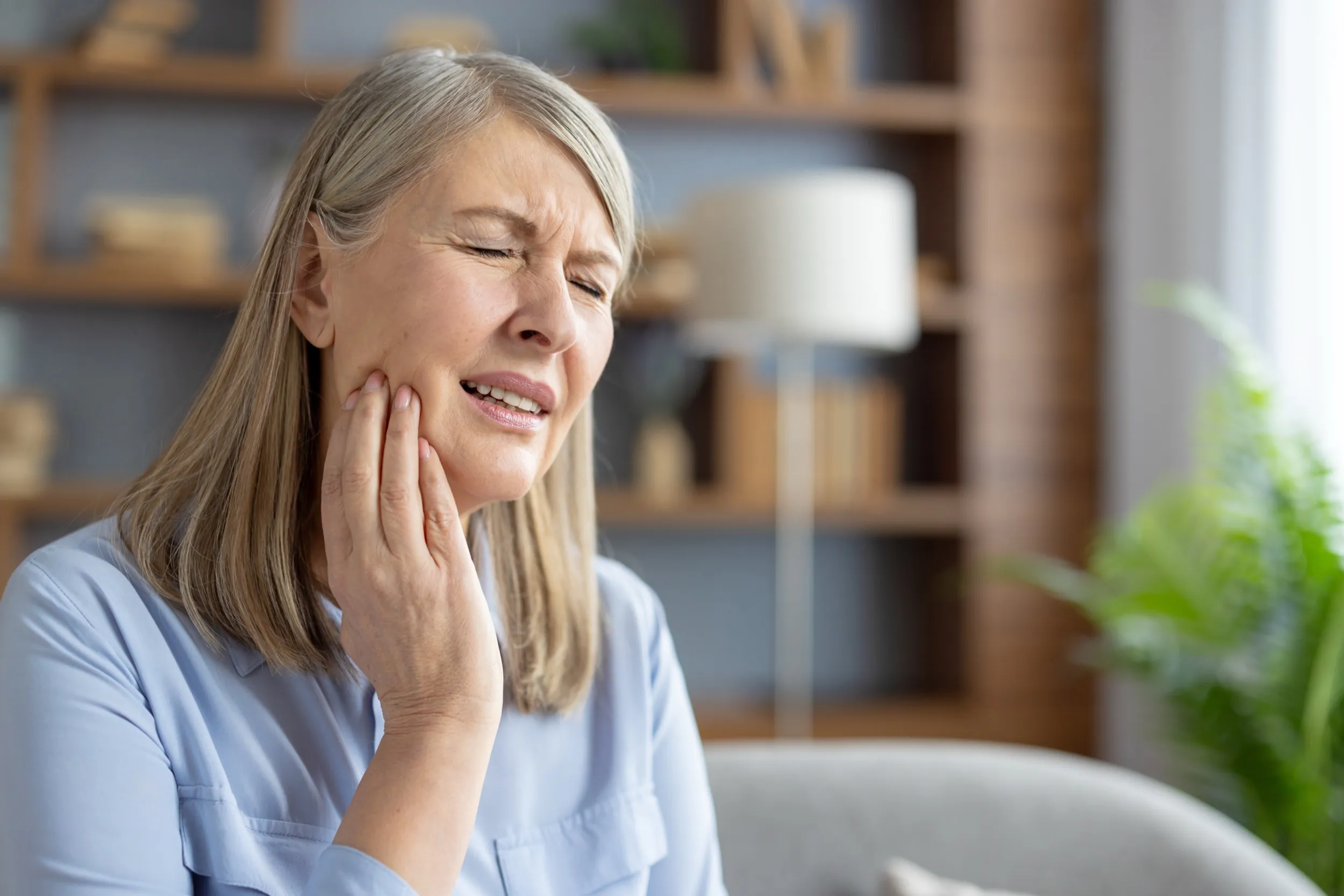
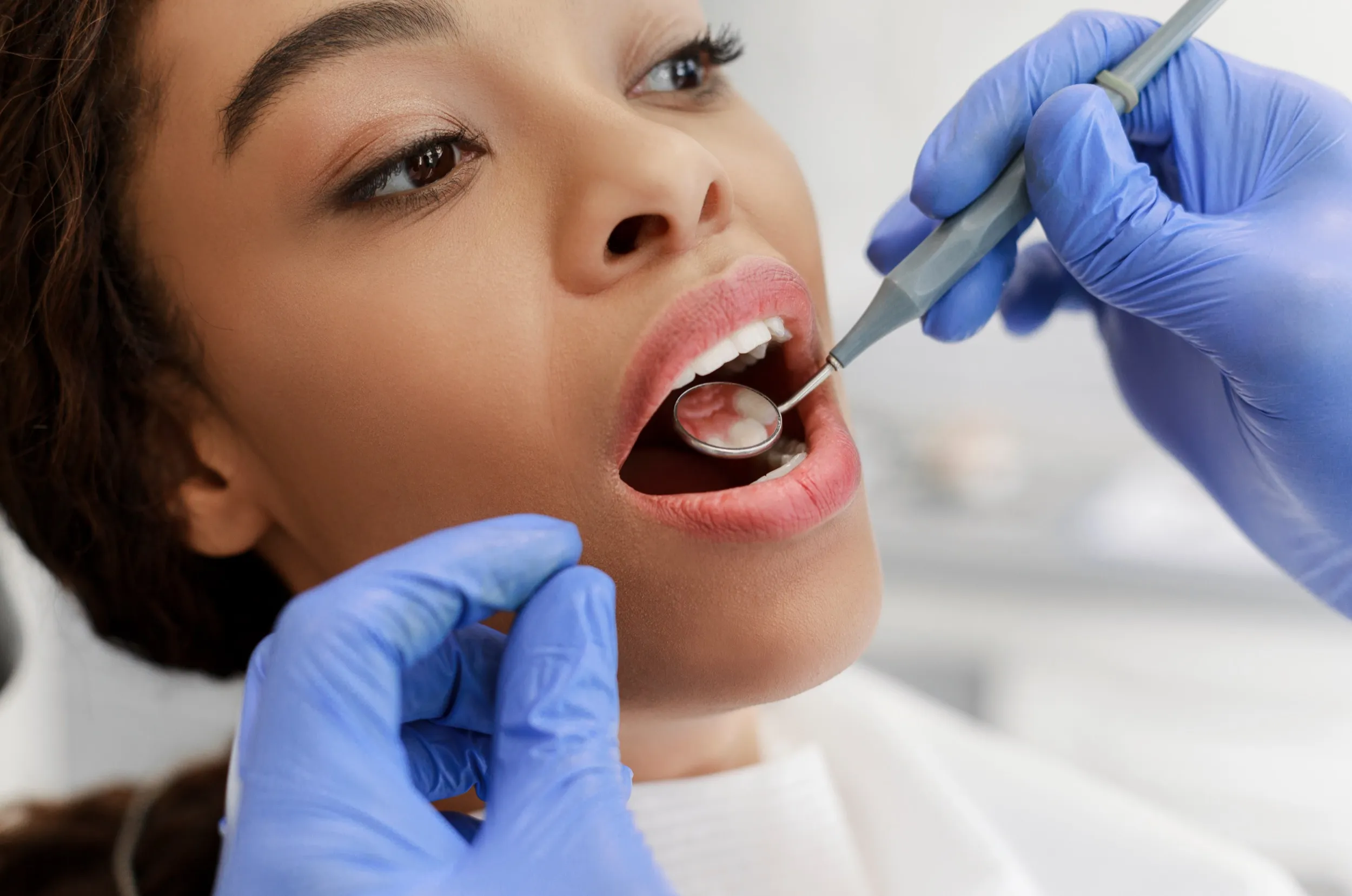
Not all dental issues need urgent attention, but certain symptoms should never be ignored. A problem becomes a dental emergency when it involves severe pain, active infection, trauma, or a risk of permanent damage.
Contact your emergency dentist right away if you experience:
Sudden or severe toothache
A knocked-out, broken, or loose tooth
Swelling in the face or gums, especially with pain or fever
Bleeding that doesn’t stop
Signs of infection, such as pus, a bad taste, or facial swelling
A lost filling, crown, or denture that causes discomfort or affects your ability to eat or speak
Experiencing a dental issue while travelling can be stressful, but knowing what to do can help you stay in control. If you’re abroad and facing a dental emergency, quick action and good communication are key.
Locate a local dentist as soon as possible. Hotel staff, travel insurers, or embassy services can usually help you find one.
Explain your symptoms clearly, including any swelling, pain, or trauma. Ask if the dentist speaks English or has a translator available.
Keep any dental restorations, such as fillings or crowns, in a clean container if they fall out.
Take a photo of the affected area to help our team when you return.
Contact your travel insurance provider to check if emergency dental treatment is covered.
